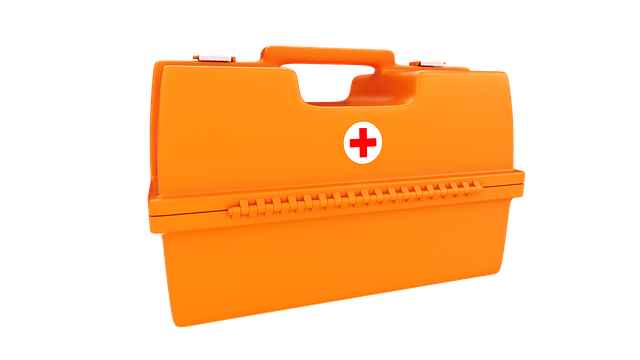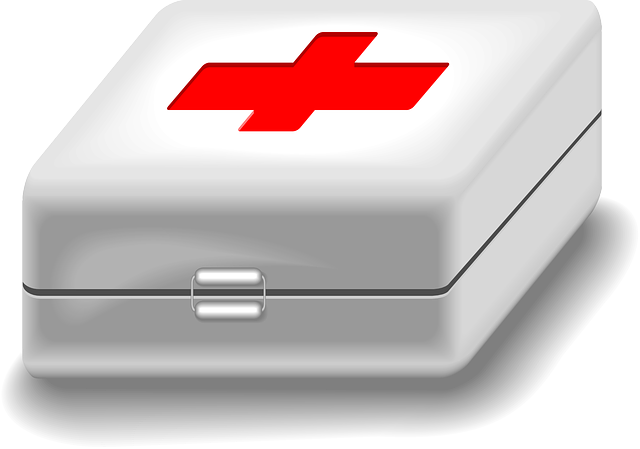When one sets out on a journey virtually anywhere, one must expect a lot. Legally, even if it is something one does not want to experience there, even if it is the worst thing that could happen. At the very least, one should be relieved and glad that it did not happen in the end.
What the traveler should focus on above all else is his or her own safety. Because health and life are the most precious things, easily and sometimes irrevocably lost. That is true at home and abroad.
In a foreign country, logically speaking, above all, because while domestically we know our way around, we know how things work and what to avoid if we don\’t want to be harmed, abroad, especially in faraway foreign lands, it\’s quite different. And things can happen that we never would have dreamed of in our worst dreams.
In theory, the recommendations of the travel agencies we use, or let\’s say the Foreign Ministry\’s website, which dissects the situation in countries around the world quite thoroughly, prepares us for international travel, and one can build a pretty good picture based on this information.
But still, we should not forget that even seemingly trivial things can provide invaluable services.
a) Travel insurance. While our country has a European insurance card that allows its citizens to receive medical treatment anywhere in Europe, other medical expenses are not covered in this way. In addition, such cards are of little use in foreign countries outside Europe. Therefore, it is always advisable to take out an appropriate private insurance policy to be fully covered. In some cases, regular insurance is sufficient, but in others it may be necessary to take out additional insurance for dangerous activities or sports. Such insurance can be quite expensive, but it can also save a person from death or ruin. Because the world is not “socially oriented,” some countries do not allow care or repatriation for health reasons, let alone access to treatment at all unless one pays for it.
b) It is definitely not a bad idea to have a first aid kit with common tools for dealing with minor ailments and perhaps some of the medicines that travelers normally use.
c) Get the vaccinations required and preferably recommended by the local authorities. This is because one cannot enter a country without having been vaccinated against yellow fever. For example, if you are not vaccinated against yellow fever, you will catch the disease in many countries.
Simply . As much as possible. Because it is better to be prepared for what will not happen than to chase a cow that is too late.
